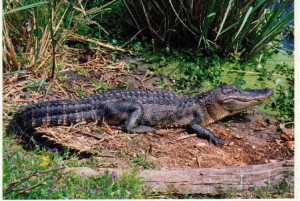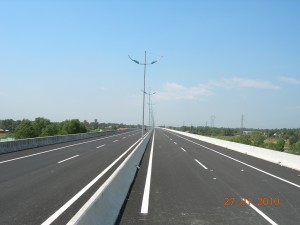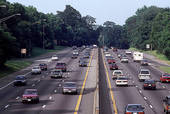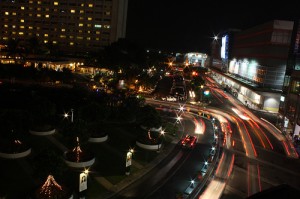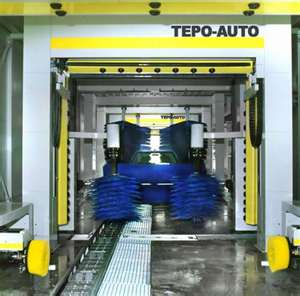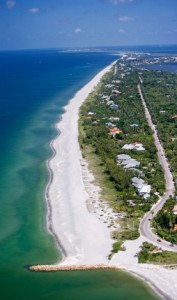 Sanibel Island is a tropical paradise we northerners greatly appreciate after a cold, snowy winter. But even a tropical paradise has its down side. A Sanibel vacation sometimes includes encounters with alligators, terrifying to me.
Sanibel Island is a tropical paradise we northerners greatly appreciate after a cold, snowy winter. But even a tropical paradise has its down side. A Sanibel vacation sometimes includes encounters with alligators, terrifying to me.
I remember one night years ago when our group of a dozen adults met at a restaurant several miles up the coastline. Three of us had taken advantage of Sanibel’s network of smooth, asphalt-paved bicycle paths that link most everything on the island, and had roller-bladed to the dinner.
On our journey home afterwards, the sun had set and the path was dark. Much of our route ran parallel to a briney canal favored by alligators, and as we rolled along, we heard occasional rustling in the reeds just inches off our path. I couldn’t skate fast enough and was surprised when we reached home without an alligator incident.
Yesterday Skylar and I were walking Jack, and she was learning how to hold his leash. Jack’s sniffing led us into the underbrush near a mossy canal, so I told Skylar we needed to back away, since alligators lived in there. We’d seen them many times, and when she didn’t respond I said, “Sometimes alligators eat dogs.”
Loving Jack as she does, that did it for her, and she quickly yanked his leash to pull him in the opposite direction. There’s nothing wrong with healthy fear, and alligators are to be feared. Every so often we learn of an attack, and in recent years we did read of a gator eating a dog.
Tonight I’ve been pondering my fear of alligators, along with other dangers we might not be able to see but are lurking near our life-paths. Do we fear the things we ought to fear? When we hear a “rustling” nearby, such as a fluttering of desire for something we know to be wrong, do we fear its consequences and immediately yank ourselves away, moving in the opposite direction? Or do we say, “It’s just a noise, nothing to fear.” Lowering our defenses against something that may be potentially dangerous can quickly escalate and become life-threatening.
Scripture tells us sin of all kinds, initiated by Satan, is quietly waiting nearby in hidden places. It lurks close to us like a coiled snake in the weeds or an alligator in the reeds, ready to pounce in a blur of quick movement. Without paying attention to the quiet rustlings deep within and heading in the opposite direction, we’ll be in trouble for sure.
Yesterday Skylar got to see a real alligator sitting in a swampy area of the resort where we’re staying. Even though she’s just two years old, she wasn’t frightened. “He looks like a log,” she said, and of course no one is afraid of a log. But I’ve seen this kind of “log” defy appearances and move like lightning. It’s important to keep a distance, and if it “rustles”, head in the opposite direction.
Concerning sin, there are harsh consequences for not yanking ourselves away.
”If you do not do what is right, sin is crouching at your door; it desires to have you, but you must rule over it.” (Genesis 4:7)

